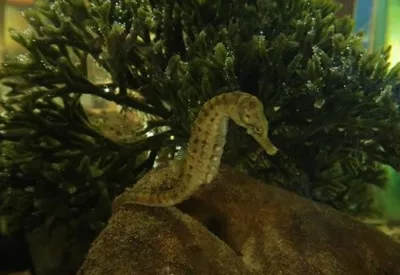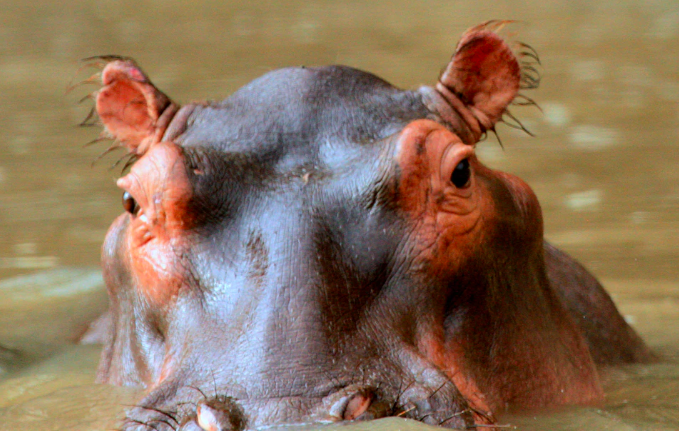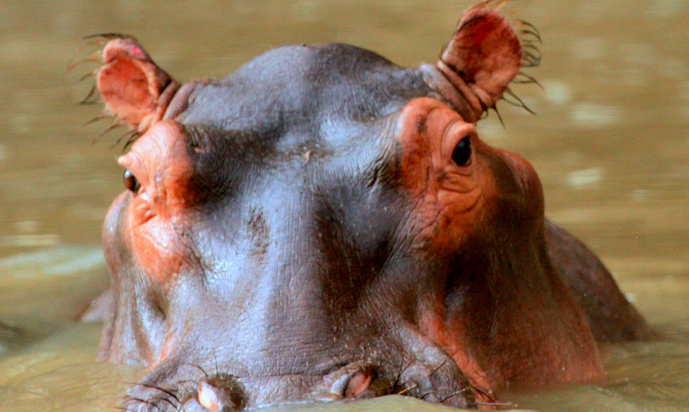In the 1930s a hippo named Huberta took South Africans on a wild goose chase. She soon became a beloved icon for her sense of adventure and intrigue. Over three years, Huberta travelled 1,000 km, evading capture for the entire duration of her excursion.
No one quite knows why she left the sanctity of her watering hole in St. Lucia Estuary in KwaZulu-Natal in 1928. The varying stories are that she left in search of a mate, her mother was killed in the watering hole and so she fled in fear, or she was on a pilgrimage to lands where her ancestors once roamed.
Huberta’s journey began in KwaZulu-Natal, crossing the Black Umfolozi, taking a dip at a beach in Durban, crashing a suave party at a country club and taking uninvited night swims in various ponds.
Huberta’s adventure garnered local and international attention. The travelling hippo ate her way through gardens, golf courses, parks and farms, all the while evading humans. Hippos are mainly active at night, getting out of their watering holes to eat until the early hours. Being active at night meant she was able to move around undetected.
According to Atlas Obscura, Huberta was originally thought to be a male and the press mistakenly named her Hubert. Long after this, it was discovered Hubert was in fact a Huberta and the ‘a’ was added to correct their mistake.
For a brief while, according to Mahlatini, Huberta settled in the Mhlanga River. Visitors would toss treats to her, such as sugar cane and fruits. Many a man tried and failed to capture her so as to keep her in an enclosure in the Johannesburg Zoo.
This led to the Natal Provincial Council declaring Huberta as royal game. People were no longer allowed to try hunt or catch her, and doing so would be illegal and punishable.
In March 1931, our heroine Huberta had crossed 122 rivers. She was spotted sleeping across a train track by a train driver but sauntered off into the night. Her final stop was Keiskamma River.
A month after making it to the Eastern Cape while swimming in her new home, three farmers emptied their magazines into Huberta. The sudden death of beloved Huberta shook the nation, sparking a national outcry for the farmers to be tried.
Each man was fined £25 for hunting royal game but the men pleaded ignorance and insisted they did not know that the hippo was Huberta.
Huberta’s body was sent to London to be taxidermied and returned to South Africa in 1932. Today you can visit her at the Amathole Museum in King William’s Town in the Eastern Cape.
Image: @KayworxX/Twitter



















